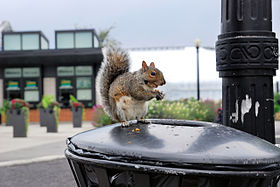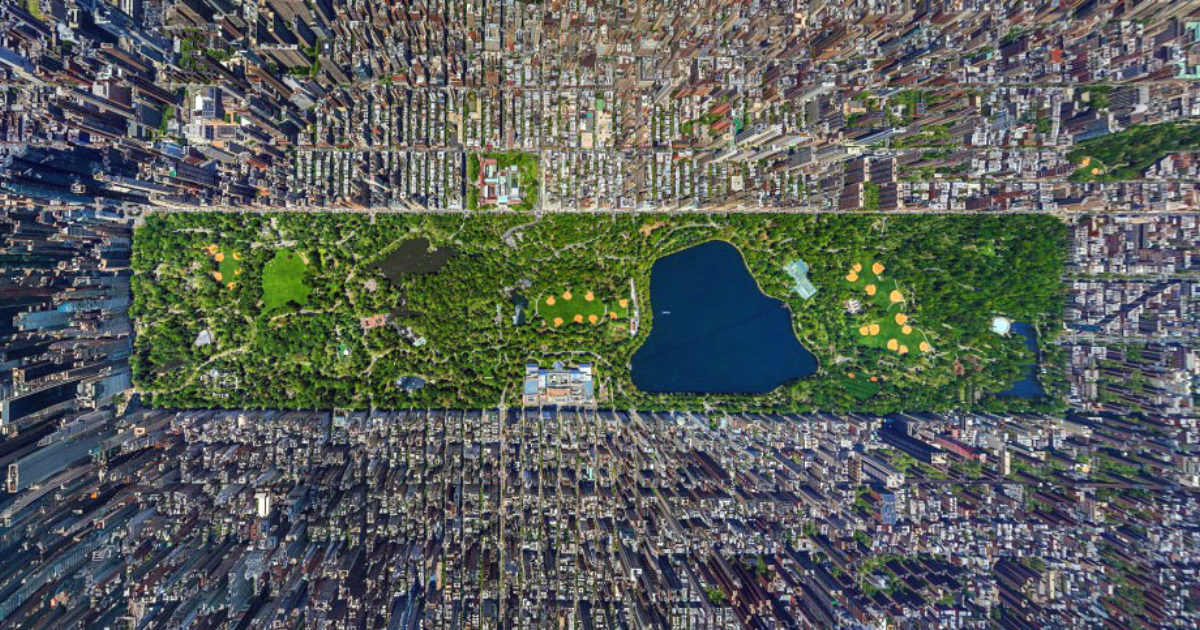11. November 2020
Today we contacted Mr Ueli Nagel to do an interview with us. He is an expert in this field and hopefully he will agree to talk to us.
Also, we started to prepare a survey and the questions for our interview with Mr Nagel.

18. November 2020
We will finish preparing our interview questions and will send them to Mr Nagel. He responded to our request for an interview yesterday and we are thrilled to be able to get answers to our questions from an expert. Also we will email him back and ask him for time and date for our interview meeting via Zoom.
Anabel & Joelle & Sandra
[in progress]
I filled out a contact form and asked the Department of Environment of Zurich to contact me. I briefly explained what I was going to work on
In progress
Hello Together
We are doing a project about city parks and their impact on the city climate. We want to show off how important a city park is for the environment and how many people are using them frequently. It would be really interesting if we could do a collaboration with a team which also does a project on a similar topic.
For our collaboration, we thought that it would be a cool idea when we can compare the numbers and usage of city parks in different countries. So we can see what the population of different cities think about their own city parks.

The city is as quiet as possible and without many vehicles. So that the CO2 emissions can be reduced very much. I hope that the city will become car-free. This would be ideal not only for the climate but also for the well-being of the residents. With this measure, climate change could be drastically slowed down.
My vision: The city is quiet, only electric trams and buses drive through the streets. The electricity that is needed is obtained from sustainable sources. In other words, from solar panels mounted on the roofs of houses. People who come into the city by car have to park their cars in large car parks outside the city. These should be covered. Everything on the roof should be covered with solar panels. The public transport network is well developed so that there are no restrictions if you take public transport into account.
The problem that accompanies this measure is the high financial effort that has to be made.
Our imagined city park
We thought about city parks and how we think a city park should be and what it should contain.
In our opinion city parks should allow enough space for people. That means that there should be fields but aswell ways and trees. So you can do some sportive activities, but also hang around with friends or play something with other people. Maybe even have a picknick or have a little walk in the forest. All in all, the park should be a place of retreat from your daily business and shouldn't contain a city atmosphere.
If there is enough space, the park will automatically allow some little wild animals to live there. Maybe some ponds with ducks and fishes or even small lakes can also be a part. So it can create a small eco system and help the biodiversity.
When a city park is big and offers much to do and to see, it can be seen as a landmark of the city which would help the popularity of city parks.
On thursday, the 12th november, I've done an interview with Mr. Peter Hofmann. He's the project leader air polution control in Zurich.
I've asked him the following questions:
- What is his area of responsibility?
- How realistic does he think it is to have only electric cars in the city of Zurich?
- Importance of electric cars in the city of Zurich?
- What does the city of the future look like for him?
- Personal opinion on electric cars? - Does he own one himself?
(in progress)
Sketch on paper from Nils and Dylan

Our experience so far
Review and assessment of things done and still to do
We have completed all orders that are important for the horse. Furthermore, we have already had a very exciting interview with the apprentice of an urban gardening shop.
Link to the post of the interview: https://2021.the-horse.education/post/interview-shop-urban-gardening
In the collaboration, we could start with Reshma and Ashish from India. We could already give each other tips and had our first google meeting. It was very exciting and funny. For our survey, we could also ask several friends and families from other countries.
Link to the post of the collaboration: https://2021.the-horse.education/post/collaboration-urban-gardening
The only thing we have to do until our presentation is the brochure about our topic and the preparation for the presentation. We also have to evaluate the survey and post it on the horse.
Experience on don't waste my energy:
Our researches went quite well and we informed ourselves quickly. It was interesting to find all these interesting facts about urban gardening and how it already is in progress, so we made up a few ideas on how we all can improve and increase urban gardening, especially for cities.
It was a bit harder to make the survey and collaboration. We had a little while to figure out the survey tool, but we handled it quite fast. The hardest part of the survey was to motivate the people to fill it up and share it.
The collaboration was great we had interesting ideas and tried to realize them. Time differences made it hard to communicate with our team in India and with a full and stressful timetable it seemed to be impossible to not miss the deadlines, but with chatting instead of video calls we solved our problem.
We made a working hypothesis, which was hard to prove. We couldn’t find any information, so we only assumed.
The good thing is we planned an interview. In the beginning, we were a bit scared, that it wouldn’t work, because of the Corona situation and that maybe the garden shop owner wouldn’t be so open about it. We still went for it. We prepared our questions and went spontaneously to a gardening shop. To our surprise, they were totally open to our questions and we also proved our working hypothesis.
With a lot of planning and good communication and preparations, it all went really well.
Debora and Melane

(picture taken by us)
In "Technology & Environment" Jennifer Bilang and Carmen Rakeseder dealt with the topic "Local Food". On "The Horse" they have published a post about which vegetables and fruits you should plant when, and where you can plant it even if you life in a small flat in Zurich. They have also created a list with all the local food markets in zurich so you can buy the food that you can't plant by yourself.